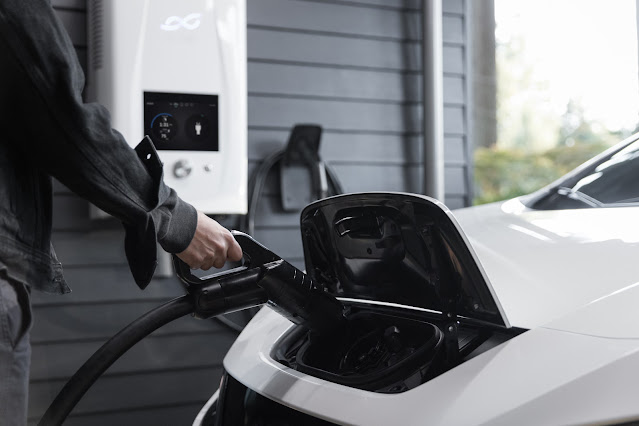Toyota, under the leadership of new President Koji Sato, is striving to strengthen its presence in the EV market. In order to catch up with competitors in the United States and Europe, the Japanese auto giant has decided to leverage Subaru's expertise in development and production. Toyota currently holds a stake of around 20 percent in Subaru.
The forthcoming electric SUV for the Japanese market will be
based on two EV models that Toyota and Subaru have previously developed
together—the bZ4X from Toyota and the Solterra from Subaru. The new vehicle is
expected to have a longer range than the bZ4X, which can travel 347 miles on a
single charge, and it will also offer a larger luggage space.
Production of the new model will take place at Subaru's factory in Gunma Prefecture, located in northwest Tokyo.
In April, President Sato announced Toyota's ambitious plans to
strengthen its EV business. The company aims to launch 10 EV models and sell
1.5 million units annually by 2026. At the same time, Toyota will continue to
pursue its strategy of offering a wide range of green vehicles, including
hybrid cars and fuel cell vehicles.
Subaru, renowned for its boxer engine technology that allows for
a lower center of gravity and reduced vibration, enjoys a strong following both
domestically and internationally. However, industry experts suggest that the
carmaker faced challenges in independently developing EVs due to limited
resources.
By deepening their collaboration, Toyota and Subaru can expand their respective product lineups while reducing overall investment costs, according to the sources. This partnership will enable them to leverage each other's strengths and resources in a mutually beneficial way.
With Toyota and Subaru joining forces to accelerate the electric
vehicle revolution, the road ahead is brimming with electrifying possibilities.
Will this collaboration spark a new era of innovation and sustainable mobility?
Buckle up and stay tuned as these automotive giants pave the way towards an
electrifying future.




Comments
Post a Comment